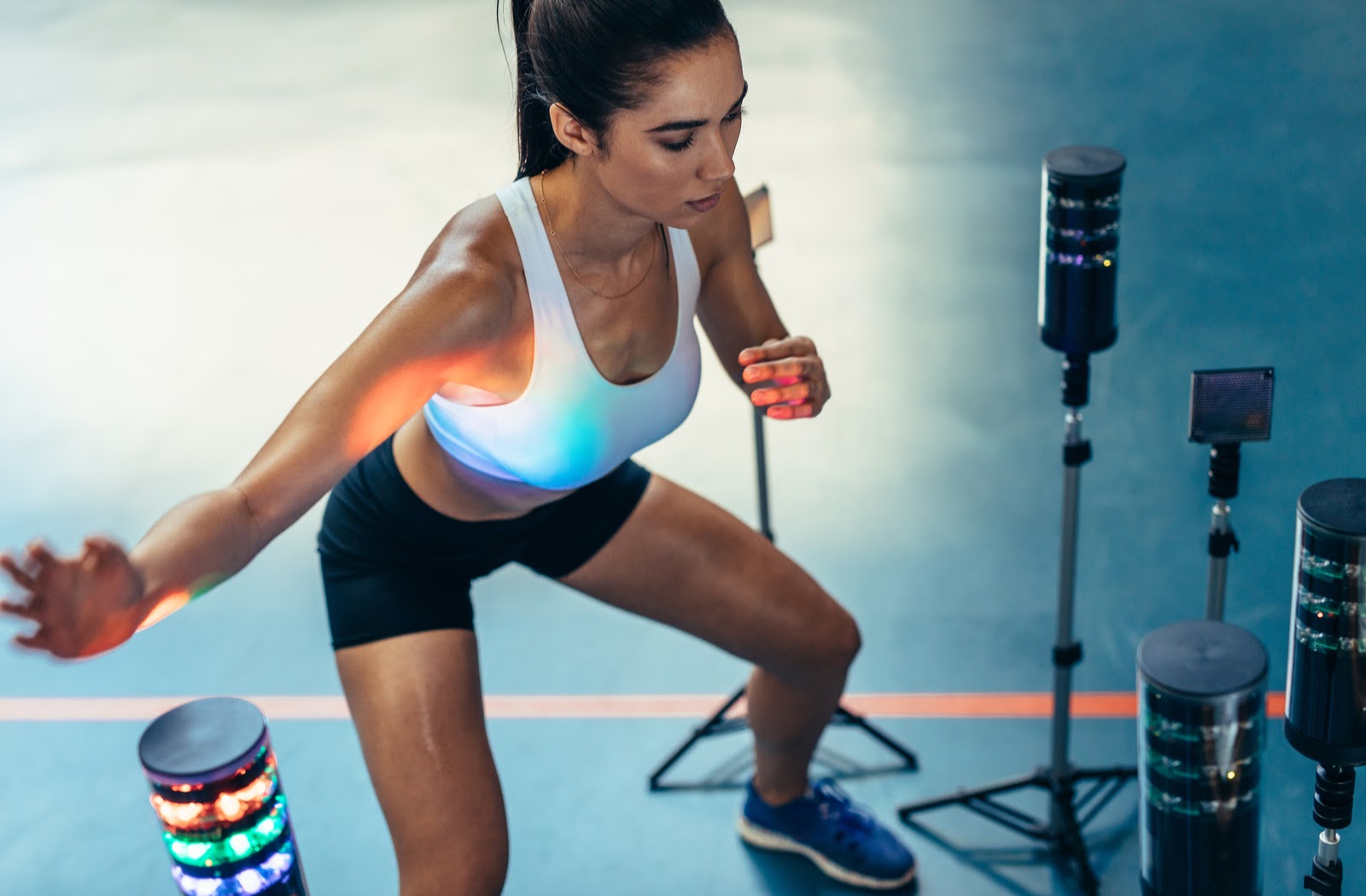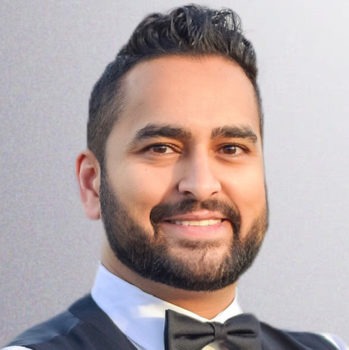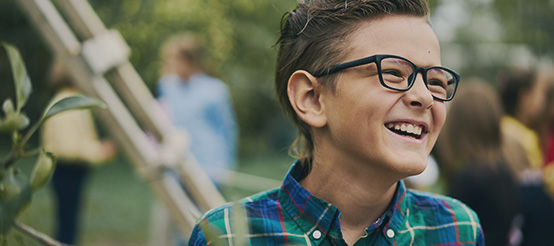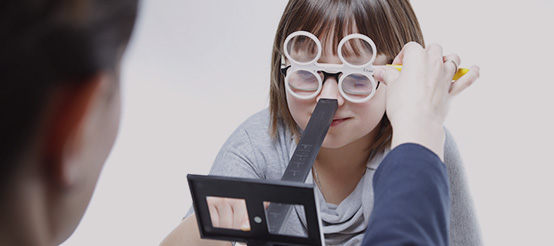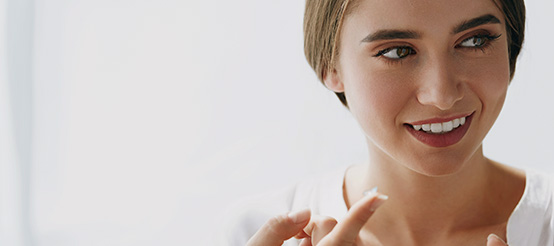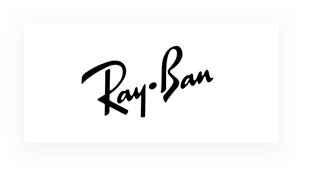Vision problems can affect you in many ways, including in the sports you’re playing. Your optometrist may say you have good vision, but problems can still affect you. If you’re having trouble tracking the ball or catching and throwing passes, sports vision therapy can help improve your performance.
The concept may seem foreign, but sports vision therapy can help retrain your visual skills. Before you request an appointment, learn more about what sports vision therapy is, what it can help and if it’s effective.
What is Sports Vision Therapy?
How much does your eyesight impact your sports-related performance? More than you think. Your binocular vision, the ability to judge the depth and speed of objects, is crucial for everyday life and sports.
Your vision isn’t only about your visual acuity. You have many vision-related skills used every day to complete various activities such as reading and writing.
When these skills aren’t working effectively, your performance in several different areas, including sports, may struggle. You may have a vision problem if you:
- Have a limited interest in sports
- Have difficulty catching or throwing
- Cannot see a moving ball clearly
- Struggle to track moving objects (teammates or the ball)
- Over or underestimate distances
If you’re struggling with any of these listed attributes, sports vision therapy may help. Sports vision therapy seeks to retrain your weakened visual skills to improve your play, but what skills can it improve?
What Skills Can Sports Vision Therapy Improve?
Sports vision therapy can help train and improve the visual skills needed for your specific sport. Fast and accurate vision is crucial for many sports, but vision problems can make it harder to focus or improve. If you’re struggling in your sport, vision therapy can help improve several skills, including:
Eye-Tracking
Eye-tracking helps you keep your eye on the ball without moving your head. With proper tracking, you can maintain better balance and respond faster to situations. Fast-moving or ball-focused sports require effective tracking.
Eye Focusing
Eye focusing occurs when you quickly focus between two different distances. You use this skill in any sport where you’re shifting your gaze between a distant object while dealing with something close-up. For example, when you navigate around players on a soccer field or keep an eye on the rim while playing basketball.
Dynamic Visual Acuity
Dynamic visual acuity lets you see moving objects clearly. Without this skill, playing racquetball, tennis, hockey, or another fast-moving sport can be difficult. If you can’t see the ball, how are you supposed to catch it?
Peripheral Vision
You’ve likely heard the term “the corner of your eye” before; this is your peripheral vision. It lets you see a ball, goal, teammate, or another object while focusing on another target. You need peripheral vision to see what’s happening around you without turning your head.
Eye-Hand Coordination
Do you know how someone can hit or catch a baseball accurately? The answer is eye-hand coordination. This skill lets you react to incoming information (a ball coming towards you) with the proper body response (hitting or catching the ball).
Depth Perception
Depth perception helps you judge the distance of objects. In sports, you may need to pass a ball to a far-away teammate. Depth perception allows you to determine where your teammates are so you can make the correct pass.
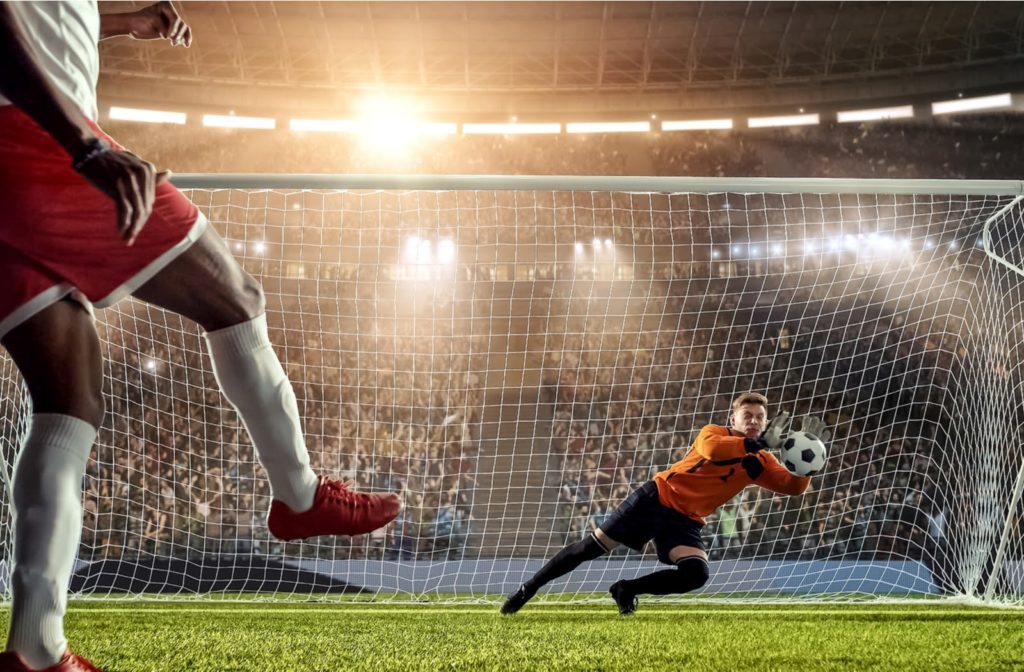
Visual Reaction Time
Visual reaction time is essential for reacting to any action taken in a sport. Whether it’s catching a ball or dodging a hit, you need visual reaction time to respond to a situation quickly.
Visualization
Do you ever visualize yourself doing something correctly before you do it? If yes, you used visualization; it lets you imagine yourself succeeding without losing your concentration on your action. Visualization helps you shoot a basketball or hockey puck.
Visual Memory
Some people have a knack for being in the right place at the right time, an example of visual memory. Remembering the location of your teammates can help you make the perfect pass. Visual memory helps by letting you see and remember a fast-moving, detailed image.
Visual Concentration
Almost every professional athlete has incredible visual concentration, allowing them to maintain focus on a specific object while distracting factors surround them. Shooting a free throw or performing in a hockey shootout requires visual concentration.
Anyone wanting to succeed in their chosen sport needs these skills. Strong eye-hand coordination can mean the difference between winning and losing a baseball game. While sports vision therapy can address these vision-related skills, are they effective?
Is Sports Vision Therapy Effective?
Most binocular vision problems occur when there are issues between the brain and the eye. When the brain has trouble processing the information given by the eyes, these essential skills suffer. When your optometrist detects a vision problem, they can recommend a program to retrain the visual system and improve your skills.
A study on sports vision training discovered that after 8 weeks of visual therapy, several skills improved. The improvement was not temporary, with skills staying improved 4 weeks after program completion. If your optometrist offers sports vision therapy, you can see the improvement for yourself.
Get the Most Out of Your Sport
With proper training, your visual skills can improve and help you in your favourite sport. Improving your performance isn’t age-restricted; anyone can benefit from sports vision training. If you’re interested, speak with your optometrist about how you can benefit from sports vision therapy.

